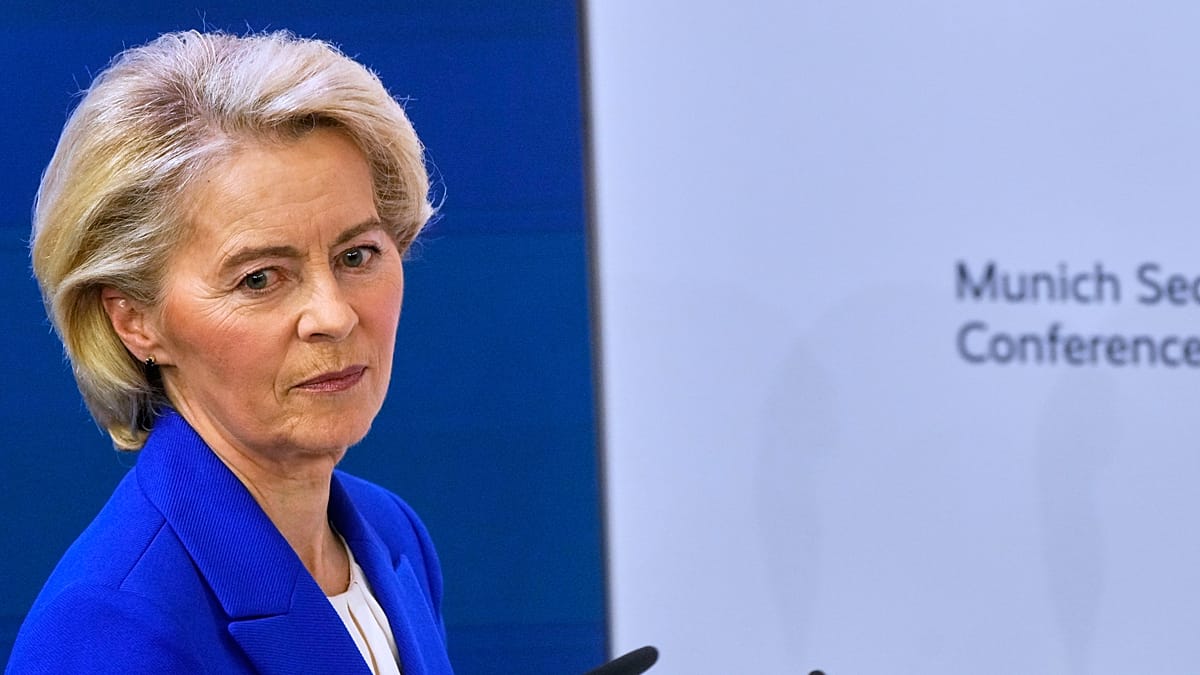Edward Gibson’s Guide to the Final Frontier: Urgency, Unity, and the Unwritten Future
In this powerful episode, Edward Gibson outlines his vision for humanity’s future in space—one that demands urgency, global unity, and a commitment to shaping an unwritten destiny. Tune in for a compelling dialogue that blends scientific insight with moral clarity and bold ambition.

In an age dominated by spectacle—billionaires in rockets, media-fueled launches—Edward Gibson brings the space conversation down to Earth and then aims it skyward with fresh urgency.
His book, Space: Ever Farther, Ever Faster – Now!, is not a glossy ode to progress. It’s a precise, forward-facing blueprint that asks: What does space mean for us, and why does that matter now?
Gibson titles his work like a command. The phrasing signals intent: we are moving fast, but we must move farther. More importantly, we must act now—not in fear, but in recognition that opportunity doesn’t idle.
The book examines not just capabilities, but consequences. Gibson maps out the scaffolding of space expansion—technological growth, geopolitical frameworks, public-private collaboration—and threads it with a singular theme: purpose.
What elevates the work is its clarity. This isn’t theory for insiders. It’s a digestible, intelligent breakdown of complex systems, written for anyone willing to think critically. Gibson never talks down; he brings the conversation up.
He roots space exploration firmly in Earthly context. For Gibson, low-Earth orbit isn’t a detour—it’s a mirror. Our choices among the stars must reflect our hard-earned terrestrial lessons: environmental stewardship, cooperation, justice.
More than that, he frames space as a tool for cohesion. In a fractured world, he sees the cosmos not as an escape, but as a common project. Exploration becomes a unifier—a strategic imperative that demands joint effort, not isolated triumph.
Time, in Gibson’s telling, is a currency we’re burning fast. There’s a finite window to define the rules, ethics, and infrastructure of our expansion. He pushes readers—and leaders—to grasp this now, before the moment slips into mismanagement.
He calls on today’s youth, technologists, and policymakers to step up—not just with ambition, but with equity. Innovation, he insists, only thrives when it’s inclusive. A better space era is one built not by the few, but for the many.
He doesn’t skirt danger. Militarization, elitism, environmental damage—Gibson names them. But he doesn’t dwell in despair. His tone is tempered, clear-eyed, but hopeful. He believes we can learn. More importantly, he believes we must.
Ultimately, Gibson’s book is not a forecast. It’s a challenge. A call to match our technological ascent with moral evolution. Because reaching farther only matters if we also grow deeper.















































